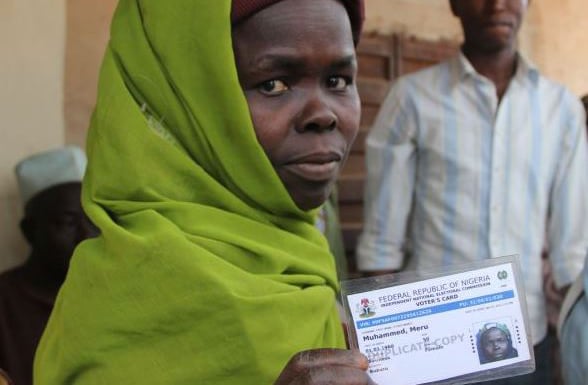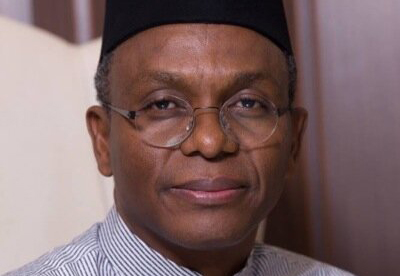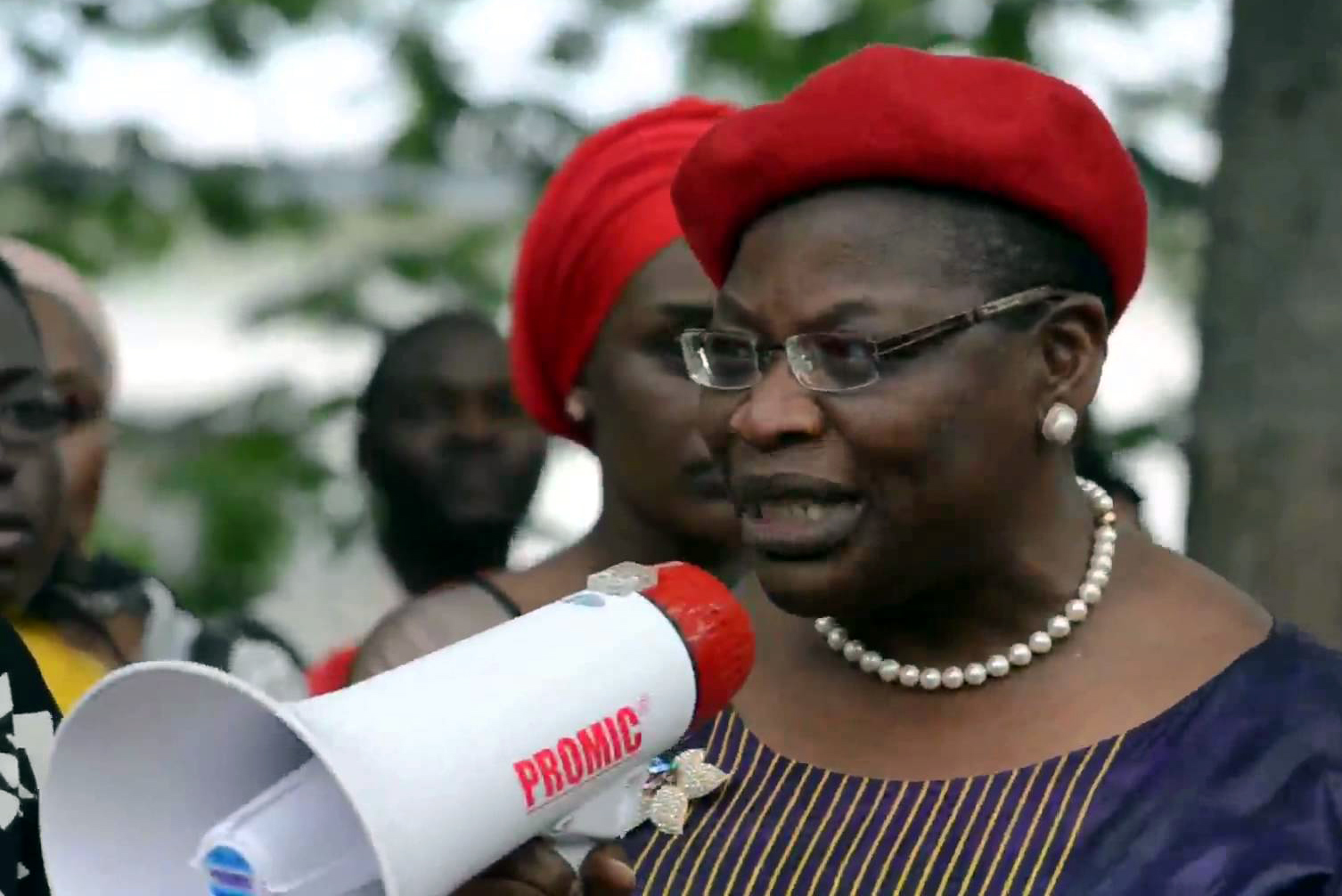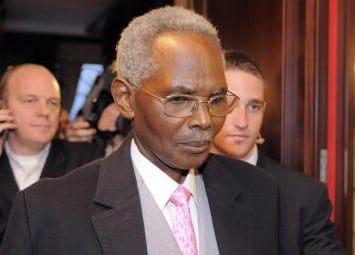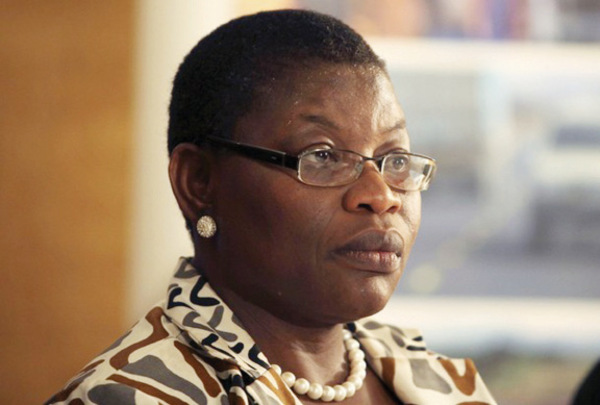The popular thinking in Nigeria is that Nigerian women are interested in going to school, getting a degree, getting married, having children, regularly attending the church/mosque, going to social events, and having a lot of money.
While this is a sad, unfair caricature, it is true that compared to their overall percentage of the population, women are poorly represented at the political level. The average Nigerian woman is not really interested in politics or the political process — many women honestly cannot see how politics impacts their lives or wellbeing.
I am a woman. It is easy to understand the disconnect between Nigerian woman and politics. In our still mostly patriarchal African society, women juggle 20 balls up in the air, all at the same time. The typical working-class woman is caught between the demands of guy, children, work, running a home, friendships, and other important commitments. Trapped by these important, often-conflicting demands, many women cannot understand why they should also be interested in politics.
It seems easier to leave politics to the menfolk — let them argue and debate all the political stuff. It becomes easy for the women to roll their eyes, run to the kitchen to ensure dinner is on the table, and when they finally get a spare moment, turn the channel to African Magic or some Nollywood film — many women would rather unwind after their long days with a fictional film or book. In the minds of some women, politics and football are two boring things best left for men to stress themselves over. It is shocking to realise the percentage of female voters who cast their votes based upon the convictions of their husbands, boyfriends, pastors, Imams, traditional leaders etc.
Advertisement
This attitude is one of the major reasons Nigeria is so badly run. There is a lack of scrutiny of leaders by the electorate. Women are equally guilty of having let the politicians off the hook. The female voter does not force politicians to attend to the issues that shape the nation — those issues that concern women the most. What are the ‘bread and butter’ women issues — the issues that impact women and their families the greatest? Education, security, decent healthcare, affordable accommodation. How many women do not want their children to have access to a good education? How many women do not worry about armed robbers attacking their homes while they sleep or fear walking the streets late at night? For most women, decent affordable healthcare for themselves and their families is a paramount necessity.
Nigeria has one of the highest rates of infant mortality in the world. We are one of only three countries in the world where polio has not been eradicated and is becoming an epidemic again. Over 50% of our graduates are unemployed or underemployed. In some parts of the country, we are plagued with very low rates of female education and literacy, and marriages of young girls to much older men. In other parts of the country, young children are virtually sold into domestic servitude or are child hawkers. Young girls and women are sexually harassed in school and at work, often suffering if they do not give into the demands of their harasser.
To rectify these problems, the country needs strong laws and institutions. To ensure these laws are implemented, and the institutions carry out their role, active political oversight is needed. This political oversight can only be undertaken by elected officials. When we, as voters, continue electing poor inept corrupt politicians, how will the necessary oversight ever take place? In the light of all this, women no longer have the luxury to still think that politics has nothing to do with them.
Advertisement
How can women make politicians attend to their issues until they get involved in politics at the voting level? The whole country has seen how ‘stomach infastructure’ appears to have swayed the outcome of the Ekiti elections. Who does not remember the shameful sight of Nigerians queuing up to get sacks of rice, or cooked bowls of rice in virtual exchange for their votes? Women sold out their futures and their families’ for handfuls of rice and a few gallons of oil. The argument that Fayemi was an elitist who was not ‘sharing the wealth’ around, is extremely short-sighted. If the people of Ekiti voted Fayose because he was the better candidate with the long-term welfare of Ekiti as his agenda, that’s intelligent voting. But to vote for any politician for short-term gains is almost suicidal on the part of voters.
When children do not have decent schools and graduate semi-literate, when deadly accidents are caused by poorly-maintained roads, when the price of food shoots through the roof because of the cost of transportation or importation levies, when people die from poor healthcare because hospitals do not have adequate infrastructure or decent drugs, when there are no good jobs because politicians are not investing in the state to attract industry or make it attractive to business employers, when small businesses cannot be created because people cannot raise funding from their banks, then maybe citizens might begin to understand how the choice of politician AND exercising the right to vote totally and absolutely affects almost every area of their lives.
As terrorism sweeps the north-east and spreads its tentacles slowly to the rest of the country, the plight of female abductions by Boko Haram shows us the powerlessness of the girl-child in the Nigerian society. It took the brave determined efforts of the #BringBackOurGirls campaigners led by Dr. Oby Ezekwesili, Mrs. Mariyam Uwasi, Mrs. Hazati and others to awake the conscience of the nation and arouse the interest of the outside world in the plight of the abducted Chibok girls before Nigerian politicians and the Nigerian government stirred itself to do anything. The apathy of women in the political process means that 10 million women have not marched the streets of Nigeria demanding the end of Boko Haram and the return of all abducted victims — male and female.
I long for the day when Nigerian women will scrutinise the policies of political candidates closely. When instead of allowing their votes to be bought with N5K, rice, oil, yards of Ankara, they will ask the candidates to tell them what their policy is on education, health, security, jobs etc. When they will insist that candidates have town hall meetings to speak to the electorate and sell themselves and their political manifestos. When politicians will be forced to actively target and tailor their campaigns to address the needs of female vote because they realise the voting power of women can decide the success or failure of the candidate at the polls. I hope to see the day when every woman believes it is her civic and moral duty to vote, and come elections, we see hordes of women troop out to exercise their democratic right to have a say in who leads them.
Advertisement
Women make up about 50% of the Nigerian population, but they continue to earn disparately less than men do. Domestic violence, genital mutilation, VVF, sexual abuse and a rising HIV epidemic are just some of the many ills disproportionately affecting women. Unfortunately, there are not many politicians who are spearheading the fight to tackle these evils. While women continue to turn a blind eyes to politics and the political process, their lack of interest is affecting them and the entire country — socially, economically, religiously, academically and at every single level that can be imagined.

